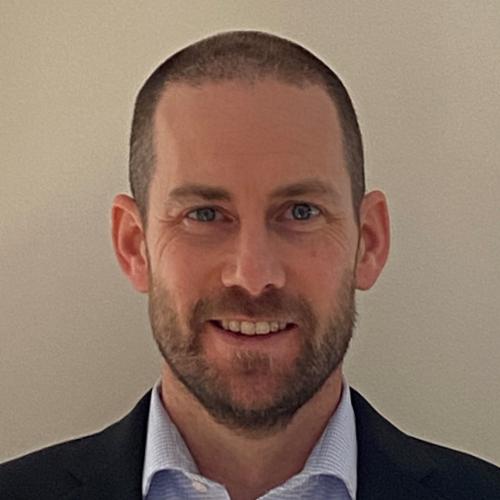
Mike Spellman
Lyric
Website: www.lyric.ai
Lyric is an AI-first, platform-based healthcare technology company, committed to simplifying the business of care by preventing inaccurate payments and reducing overall waste in the healthcare ecosystem, enabling more efficient use of resources to reduce the cost of care for payers, providers, and patients. Lyric is a market leader with 35 years of pre-pay editing expertise, dedicated teams, and top technology. Lyric is proud to be recognized as 2025 Best in KLAS for Pre-Payment Accuracy and Integrity, is HI-TRUST and SOC2 certified, and a recipient of the 2025 CandE Award for Candidate Experience. Discover more at Lyric.ai





